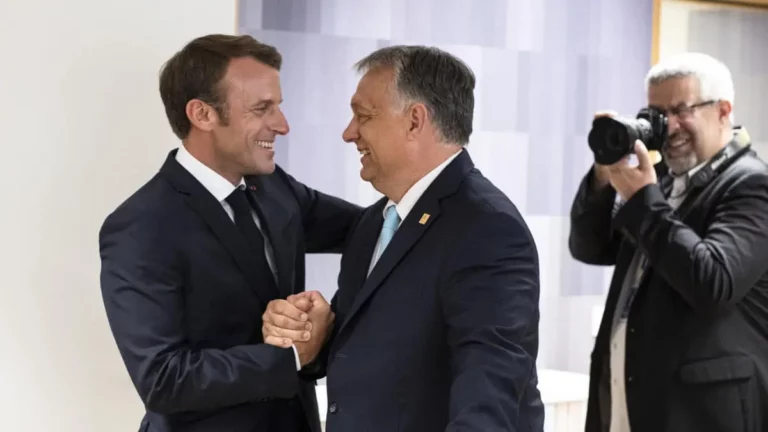Europe
Hungary is guest of honour at Pujiang Innovation Forum

Hungary among Europe’s beer-loving nations: Global consumption rankings revealed

New apartment prices in Budapest see highest increase among European capitals in 2023

Hungarian parliament speaker: Nations in Carpathian Basin must cooperate to survive

Meal with an amazing view: Fancy a Hungarian lángos at the foot of an Icelandic glacier?

Hungarian state secretary: Vienna terrorism threat ‘dire warning’ for Europe

Devastating: Almost 1.5 million Hungarians cannot afford a holiday

Hungarian real estate prices show a record increase in Europe

Orbán: European politics collapsed, Asia to be centre of the world in new global system

Can Hungary be an R and D leader in Europe?

Moving to Europe: essential steps for a smooth transition
Sponsored content Ever dreamed of sipping espresso in a quaint Italian café, strolling along the Seine in Paris, or exploring...
Will the French election influence the fate of Europe? PM Orbán believes so

Patriots for Europe: Strong far-right party joins Orbán’s new European group

EU Code Week celebrates 10 years of innovation and learning in Hungary

New direct LCL connections between Hungary and Asia

Hungarian Parliament Speaker: Let Europe belong to Europeans

New research reveals the cost of international education in Europe in 2023

Budapest restaurant among Europe’s best pizzerias!





 ZH
ZH IT
IT DE
DE HR
HR NL
NL FR
FR JA
JA RO
RO RU
RU ES
ES TR
TR
